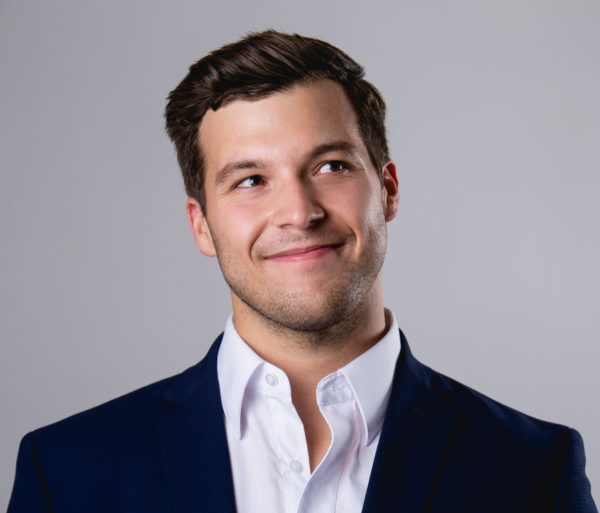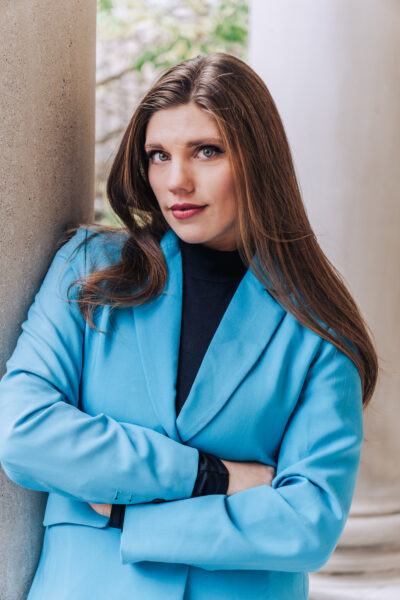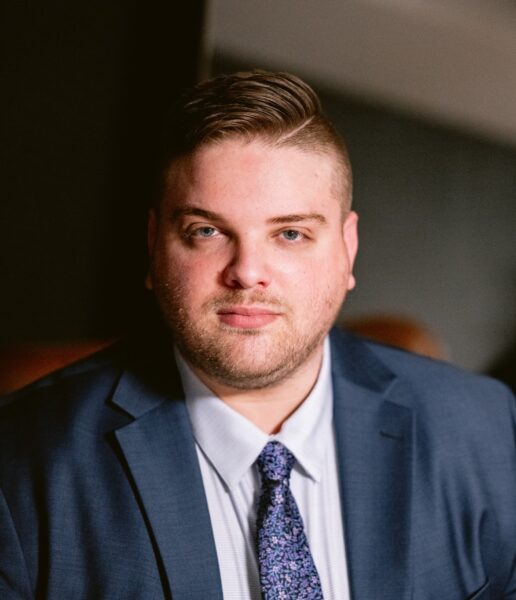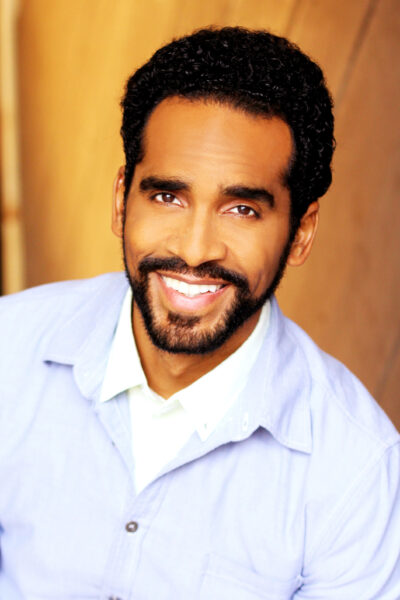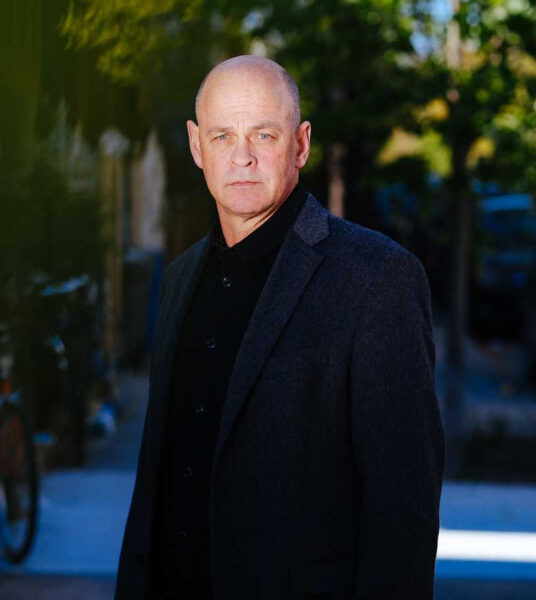His enthusiasm pulses off the stage, as does a dramatic presence that seems innate. That exuberance plus leading-man looks have already landed tenor Michael Day in a wide range of roles, from Mozart to Puccini and contemporary opera. And a part of him still misses Broadway musicals that awakened him to theater in high school.
“I love music, but the reason that I’m so drawn to opera is because we get to use music as a vehicle for storytelling and for theater,” he says. “That’s why my resume includes a little bit of everything.”
Directors might just call Day versatile, with a range of expression that matches his vocals. He stands stock still by a piano in a recital video of Respighi’s impressionistic Deità silvane, until his hands float upward with a shift in dynamics and his face darkens or relaxes.
“For me, that’s the interesting way to sing,” he says. “I don’t think that just having a pretty voice is compelling in the long term.”
Like any good actor, he studies the emotional arc of each character. As he neared the end of a two-season term as a Studio Artist at Michigan Opera Theatre, that character was young Al Joad in The Grapes of Wrath, who helps his family survive poverty and mechanical breakdowns.
He’s worked several times with composer Ricky Ian Gordon, “one of the best experiences of my life,” he says.
“He always says in master classes, ‘The goal of the living is to be seen through.’ That’s the goal of the artist at the end of the day, to be seen through. To tell the story or to sing the music in such a way that the audience can have an immediate reaction to the music and to the story.”
An even deeper influence, his father, who died two years ago, factors prominently in Day’s own story. Day was born and raised in Rockford, Ill., as the second of Jim and Cindy Day’s four children. To find the next closest musical genes, you’d have to go to his extended family, a grandfather who died before he was born and a cousin who is an opera singer
Day played jazz piano in high school and sang in the choir, where a teacher awakened a love of singing. Choir affected Day so deeply he planned to study music education at Indiana University, intent on becoming a choir director. His father, who managed a gear manufacturing plant, had always stressed the importance of marketable skills and financial stability. Jim Day was a big sports fan who hadn’t known anything of opera until his son introduced him to it.
Yet it was his father who urged Michael to double-major in voice. “He was the one who really encouraged me saying, ‘If any part of you wants to sing, you should really pursue that. Don’t be afraid of those dreams.’
“He really kind of shocked people because he was a very practical thinking person.”
Jim Day passed away on September 19, 2017 at the age of 53. There was no getting around the magnitude of that loss for Michael.
“It was tough,” Day acknowledges. At the same time, he is as optimistic as his father was practical, always looking for the next hopeful thread. On a 1-to-10 scale of extroversion, he rates himself an 8.
“I would rather have more people around, if that makes any sense,” says Day, (who concludes a fair number of sentences that way, all of which make perfect sense).
After playing the title role inCandide, he says, “My friends said it was like watching me for three hours.”
Next to singing, his greatest joy might be cooking for friends, flying around a kitchen and intuiting the measurements.
“Here’s the thing,” Day says. “I always feel like I know better than the recipe.”
In his late twenties, he feels as if he has found Athlone Artists at the perfect time, as he anticipates a transition to more mature roles.
“I already feel like I have a relationship of trust with Miguel (Rodriguez). It’s sometimes difficult to tell where my voice is headed, why it’s headed the way it’s headed and how to manage all of that.”
Eventually he expects to teach, maybe lead a choir. Until then, he wants to use opera — and, ideally, some musical theater — to tell stories he cares about.
In the meantime, he remembers his father’s excitement for his career success and calls him “my inspiration now for continuing to pursue this.”
“As much as I miss him, I would say that I feel his presence when I go out and sing.”
